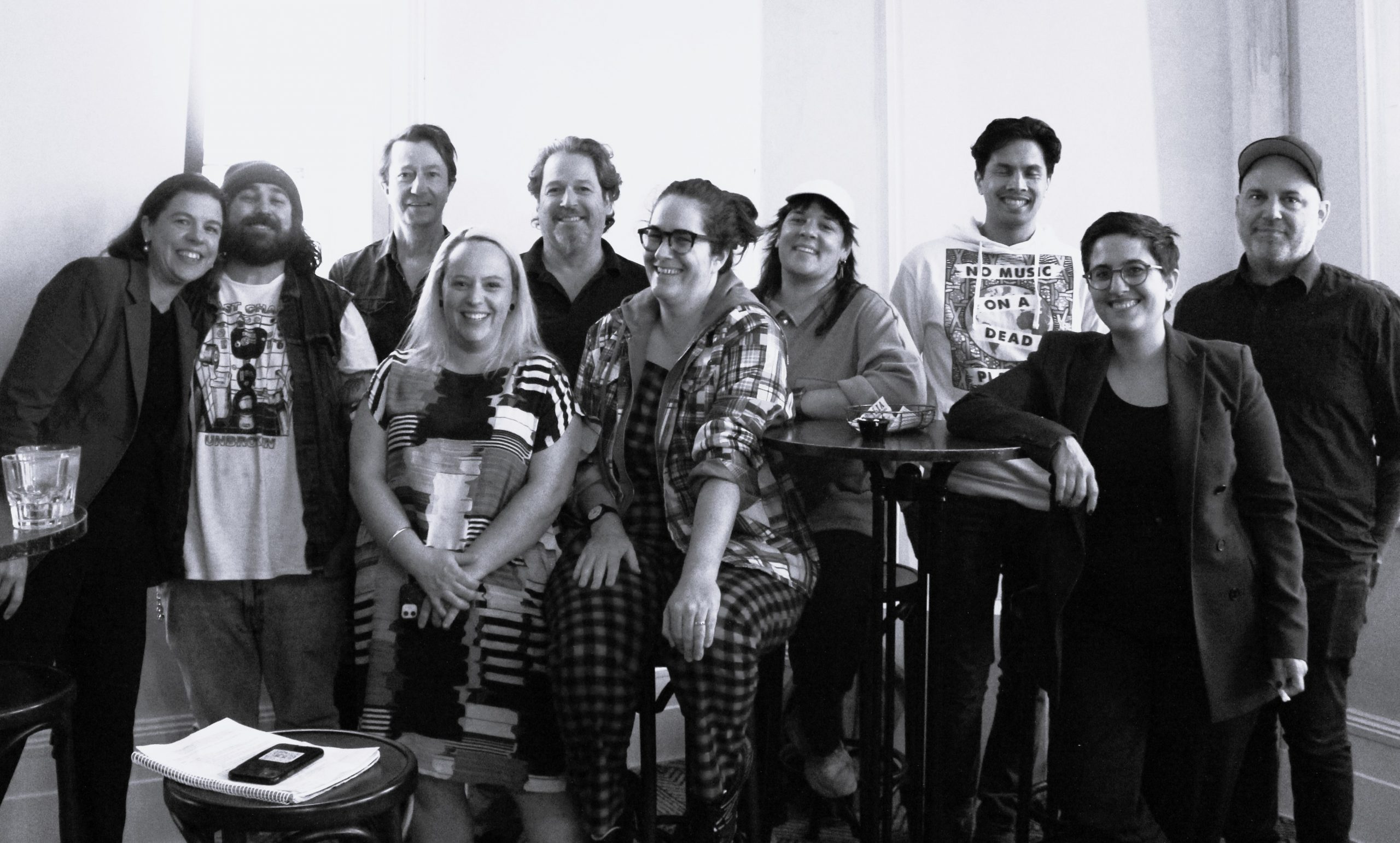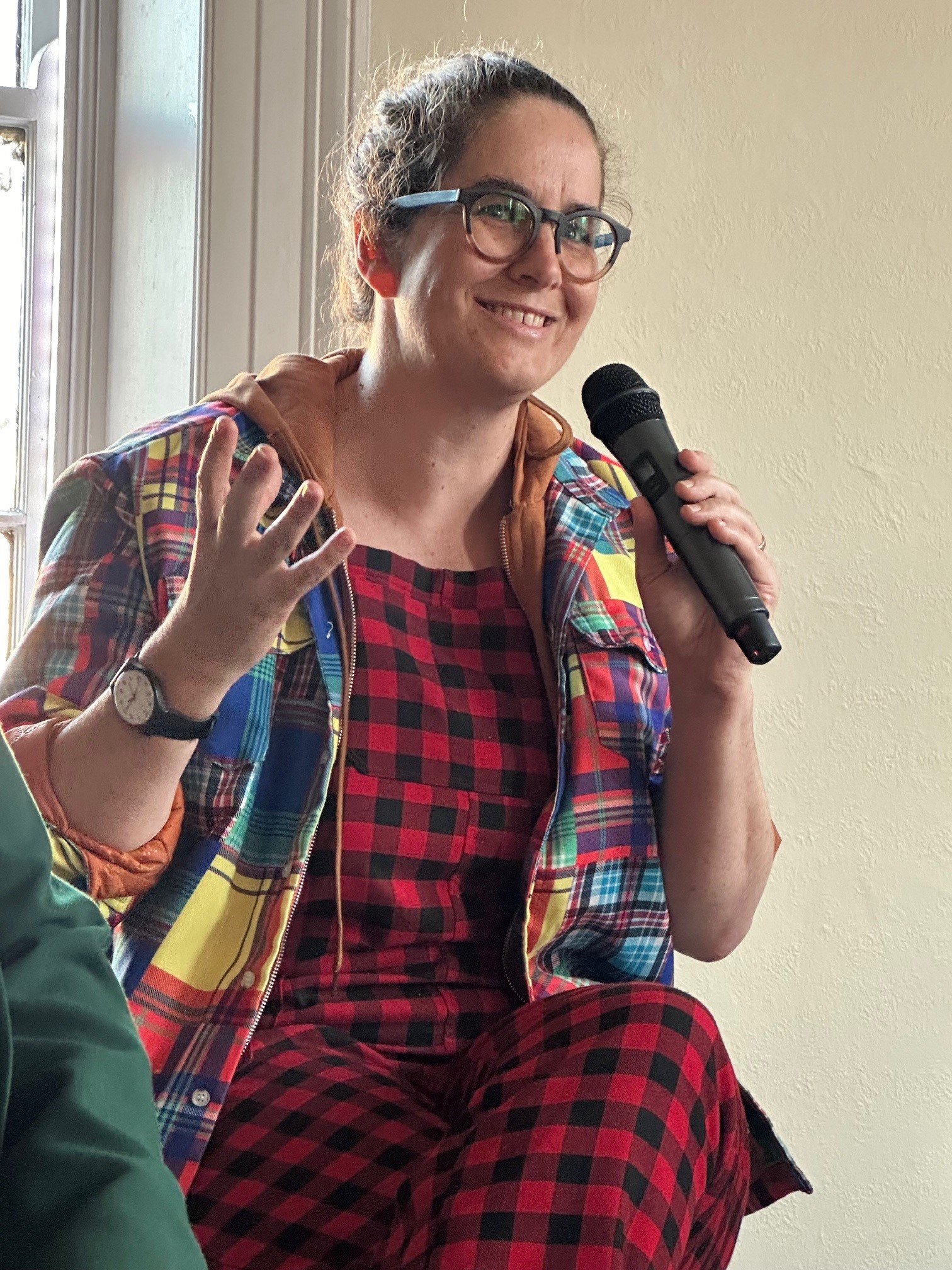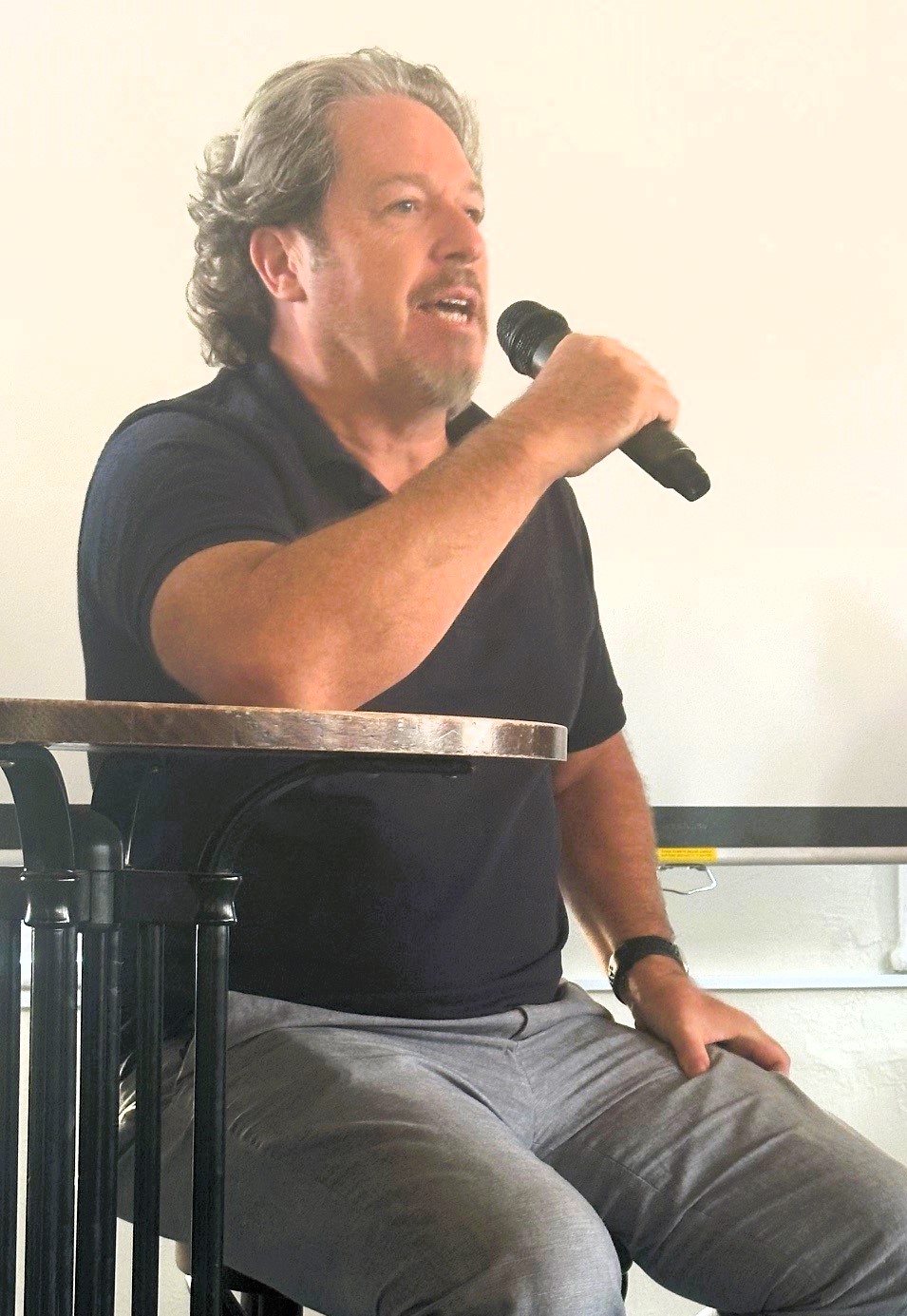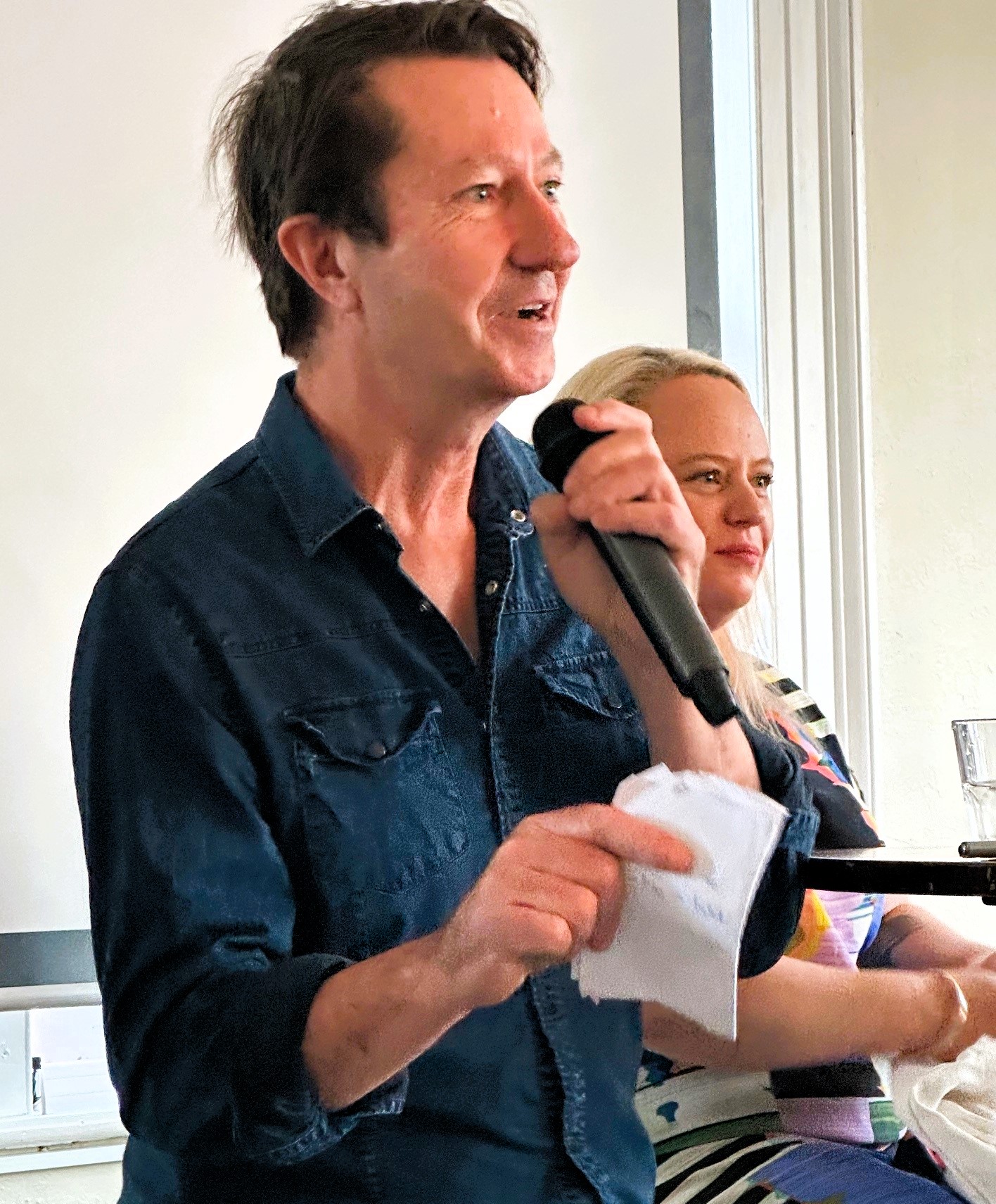Why is the Live Music Industry at Risk
Article by: Nicole Manolitsas, RMIT Student Journalist
On Monday night, the Fitzroy Residents Association Inc (FRA) hosted a Pub Talk at Provincial Hotel to highlight the emerging threat that live music continues to face in Victoria.
Many important voices spoke at the event, including small venue owners, political figures and musicians. Although uniquely different, each individual expressed a similar heartache; they are not being supported enough.
To begin the speeches, the Chair of the FRA, Michael Spencer, asked the speakers why the live music sector is dangerously at risk. Justin Stanford, owner of The Night Cat, stated that the beer and wine taxes are extreme and that the club scene has taken over small venues. In agreement, Shane Hilton (The Tote and The Last Chance Rock & Roll Bar), argued that the “federal government should do something”, about the costs of keeping a venue open. Not only is tax a continuous worry, so is insurance costs and bills, which have increased dramatically. Liam Matthews (The Old Bar) added that COVID lockdowns forced kids to stay at home and turn to writing songs about their identity instead of the usual rock tunes – which he humorously stated isn’t very appealing to young people.
Although costs continue to be a burden on venue operators, Mr Stanford said “we don’t do it for the money, we do it for the love”, demonstrating the passion he and his fellow music owners have for their vocation.
In a pre-speech interview, Yarra City Councillor, Stephen Jolly, commented that Anthony Albanese’s nickname of ‘DJ Albo’ is a part of his political act to “try and get the youth vote.” Mr Jolly continued questioning the Prime Minister’s intentions, saying that “the industry that you say you love”, is ultimately ‘dying’ due to the lack of input by the federal government.
The musicians and political leaders at the event emotionally emphasised the importance of music culture in Fitzroy as it has become an integral part of the community. In the heart of Fitzroy, there are a number of pubs and small music venues open, illuminating the streets at night and offering a buzz of excitement and
warmth to flood throughout the suburb.
Stephen Choi (Dual Native) admitted that he chooses to live in the neighbourhood of Fitzroy “because of its music scene”, giving a glimpse into the importance of keeping live music alive and thriving.
Kelly Dingeldei, a member of the band Zig Zag, said “my music is my identity”, demonstrating a soulful connection to music.
In accordance with Dingeldei, Miranda Hill from Croissants and Whiskey said that it is “very hard to find those places to play”, and that “with the venue comes the audience.”
A member of The Greens (state member for Richmond), Gabrielle De Vietri, showed sympathy for the musicians, as did the Fitzroy residents in the audience.
“Artists are struggling to get by,” she said. De Vietri further commented that musicians are “so valuable to us in society”, yet the government continues to overlook the cultural importance of music and extreme costs of keeping a venue open.
The government’s “language is the language of votes”, said De Vietri. As earlier commented by Mr Jolly in his short speech, young people have a strong ability to overwhelm petitions in their area – ultimately leading to change being made. Therefore, it is conclusively up to younger adults in Victoria to help save the dying live music industry.
Simone Schinkel from Music Victoria stated an important point – young people “don’t even know what they’re missing out on”, as the new generation have mainly only ever listened to “recorded music.” Due to this, we need to make the promotion of live music nights the priority of venues to attract younger audiences. Eventually, this can lead to young people wanting to keep the industry alive and target Albanese’s government for help.
To help end the burden of high costs for venue operators and to allow small artists to continue their music journey and help them afford the cost of living, it is crucial that federal and state governments reduce the costs of rent and insurance. As well as this, promotion of live music events towards Generation Z is vital for Victoria to keep the music sector flourishing.



